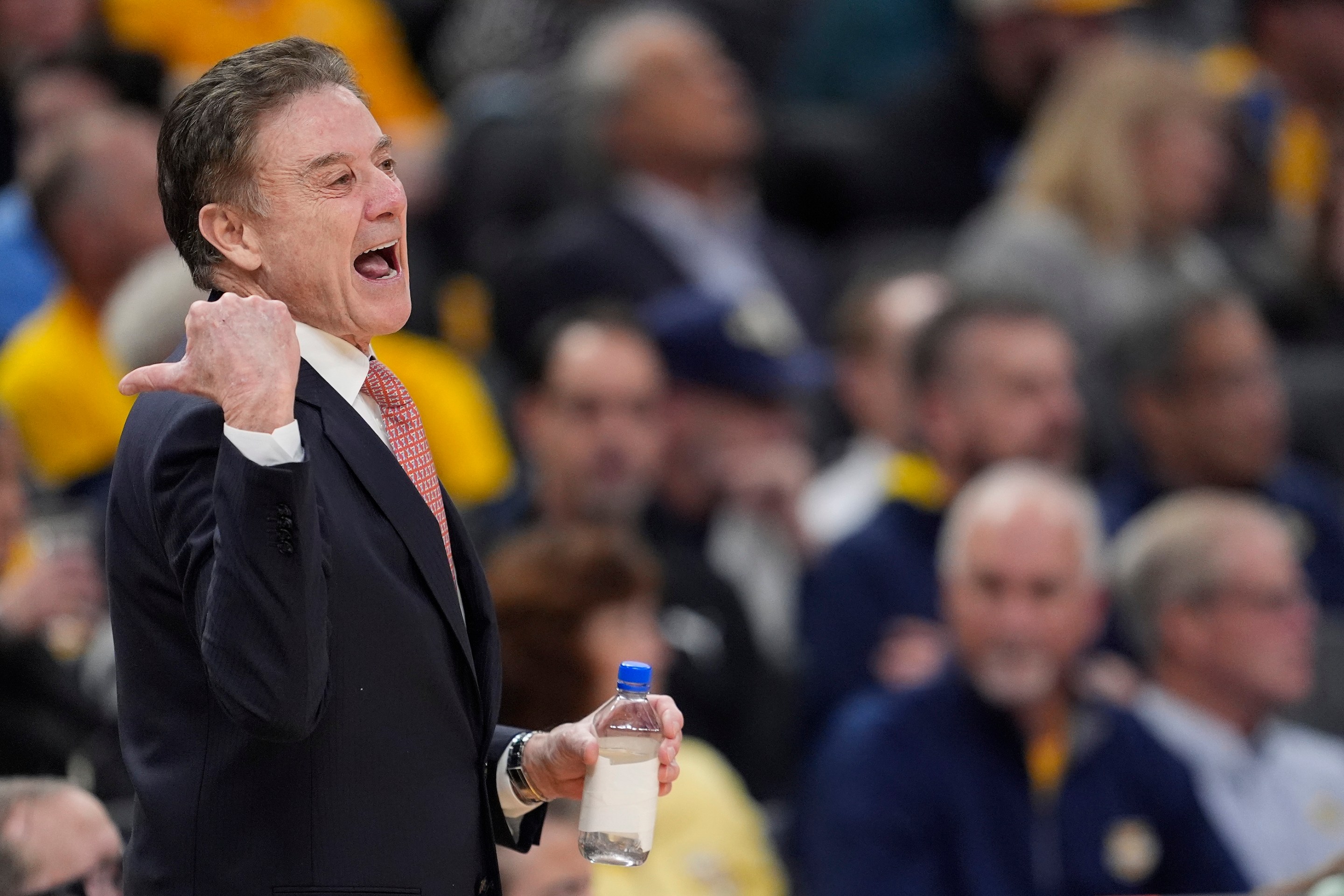Every now and then I buy a surfing magazine. I don’t surf; this would be obvious if you met me. People in California, which is where I live and where I was born and where I have spent well over three-quarters of my life, tend to assume that I am from someplace else, someplace without beaches. But I like to buy the occasional surfing magazine anyway; the pictures range from pretty to mind-destroyingly beautiful and the paper quality is very good. Also, the people in surfing magazines are always doing things like taking six months to charter a plane to Morocco, moving them out of the standard magazine category of People Like Me, Only Better, and into that of space alien, a version of existence so remote that it demands no emotional response. Even the ads, although turning out upon closer examination to be for the kinds of T-shirts and shoes everybody already owns, present themselves as though they are for artisanally crafted surfboards that I could neither afford nor fit in my house. I find this whole experience of not being pandered to, or being pandered past, very restful. Surfing magazines ask nothing of me, or, at least, they don’t expect me to answer.
I don’t read surfing magazines ironically. The ocean is beautiful and terrifying, and I am a coward who likes to imagine being in the middle of it; there is nothing ironic about that. But take the assumed hierarchy out of liking something ironically—recognizing the gap between a thing’s assumed target audience and your own self-presentation, rather than amusement from on high—and then I might be forced to concede that that’s part of what I like about it. Acknowledging that gap in turn liberates me to gawp at pictures of real small people standing in real big waves without reconciling what’s on the page with my own existence.
Some people claim to like things, just like that, with no regard to what those things say about them or how those things square with the other things they like. In my heart, I believe these people to be liars. It doesn’t matter anyway, because advertisers are there to tell them if the thing they like is or is not demographically suited to them. I listen to hockey podcasts, I like listening to hockey podcasts, but I know I am not the target audience for most hockey podcasts, even the ones I like best, because they are trying to sell me manly wedding rings for men and I am not a man. Q.E.D.
The ads are not just for any man, either; they are for some kind of platonic ideal of the Sports Man, a man who wants to shave his pubes with a specially branded item for the purpose, one with “man” in the name, even though the item in question is, at best guess, a rebranded beard trimmer, which, having been gender-recoded once to fill the same purpose for women, is now at a loose end. The ads are for a man who loves to gamble on the big game, but finds himself filled with a melancholy on Sunday evening that can best be soothed by some combination of cannabis and vitamins. I find these ads alienating, especially when delivered in the voices of the podcast hosts I have come to trust; I sometimes think I would find them even more alienating if I were a man.
But you can’t expect perfect synchronicity between yourself and the media you are consuming unless you are a plucky 19th-century family of girls turning out your own household newspaper. The friction that results from encountering things outside your own head is central to the pleasures of consuming media, even when unsettling. I like 32 Thoughts: The Podcast, even if every time Elliotte Friedman starts talking about how, Jeff, when he, Elliotte, decides to do something, he gives it his all, I am reminded of the unbridgeable gap between my own head and his.
The pursuit of absolute excellence, so often presented as justification for the various horrors of sports, is to me an alien and frightening concept. I understand that there are people capable of getting better at things because they are told those things are important and they should try. I am not one of those people, and the insistence of sports media on putting the drumbeat of willed improvement at the moral center of human life can sometimes feel like a personal rebuke. And yet it’s also what makes following sports compelling for me—a whole world out there that shares a physical space with mine but occupies a totally different mental territory. I am not one of those people who likes watching horror movies, but sometimes I feel like sports occupies that role in my life: the unfurling of another world around me, grimmer than the one I know.
Of course that’s not actually what I’m thinking when I sit down to watch a game or to listen to a sports podcast. Instead I unleash one of the various psychic workarounds I’ve honed over the years to bridge these gaps—treating the differences as unimportant, treating the differences as rhetorical, treating the differences as productive, treating the differences as endearing. Another strategy: widening the gap between myself and the thing I am consuming, letting all friction disappear, and giving myself over to the glide of ironic distance. And then there’s the option of stopping: not watching, reading, or listening. I am constantly on the verge of doing this with hockey. There’s the racism, the sexual assault, the valorization of playing through injuries while ignoring their long-term effects. I took a break from writing a draft of this to find that Robin Lehner was tweeting about the NHL treating injured players in ways both horrifying and all too predictable.
A good person, an ethically consistent person, faced with these facts, might stop watching and caring about hockey. I haven’t so far done that, for no better reason than that I don’t want to. I already quit smoking; there are only so many pleasures to surrender.
The advantage of being demographically outside the core market for hockey is that it’s correspondingly easier, at least in theory, to watch it the way I read surfing magazines, to understand that what I see has nothing to do with my life—it’s not about me and it’s not really for me—and to try to see that gap as a source of amusement or additional pleasure. The disadvantage is that there’s always blowback. I spent a full paragraph on how detached I am from the blandishments of surfing magazines while knowing full well that at some point in the last year I started keeping an inflatable paddleboard in my trunk.
It doesn’t bother me too much that the surfing magazines have gotten to me; the worst they’re going to do is leave me with too much respect for the 22-year-old blond trust-fund DJ who builds enormous statues of strawberries in his garage when he’s not surfing. But in other contexts this can spell trouble. I read Neil Strauss’s The Game when it came out in a spirit of ironic detachment, and it operated in my life like the cursed video in The Ring, sending dark flashes of foreboding into the sunniest day. It’s a good book, a compelling book, and a book that had nothing to do with the world I believed myself to live in; it turned out there was no way to open myself up to the pleasures of that without laying myself open to the possibility that the incredibly bleak world of dating that he described was somehow more true than I’d known up until that point.
Similarly, I don’t know if I can recapture what it was like to read Bill Simmons on Page 2 as a woman of approximately his age—it’s easy now to treat his columns as a joke, a collection of tics held together by a central vacuity, but at the time what he was doing felt cool and sharp and funny (to me, OK, I wasn’t that smart and also I was young), and I didn’t know how to reconcile what I liked about it with how it felt to slice up my shins on the jagged edges of his fucked-up worldview.
Which is good! I wouldn’t want not to be forced, ultimately, into an accounting between the things I consume and my whole self. At the same time I don’t want to surrender the only-ever-false promise that I can journey into worlds emphatically not for me and emerge from them unscathed. It’s the only way I know to allow myself to experience the world beyond my own. The horror movie and the hat trick offer visceral pleasures that the real world rarely can.
I once worked, in Tulsa, with a devoutly Christian woman. She was much better at her job than I was at mine; she was also truly kind to me during a very difficult moment in my life. Sometimes we talked about our religious backgrounds. On my last day of work she gave me a bible. She gave it to me because she genuinely believed that I would go to hell if I did not come to believe. It is one of those holographic Halloween pictures of a moment: an act of kindness, then a grinning skeleton, then an act of kindness again. I had forgotten, in our conversations, that to really encounter her world meant to encounter what she believed to be the bedrock truth of existence, that there are always consequences to touching someone else’s reality.
This is not meant to be a happy story about the need to get out of the bubble of like-minded coastal elites; I think it’s totally OK, recommended even, to stay far far away from people who think you are going to hell. But I guess I think it’s also OK to touch the hot stove occasionally if you want to, to pretend that this time you won’t let it hurt you.






